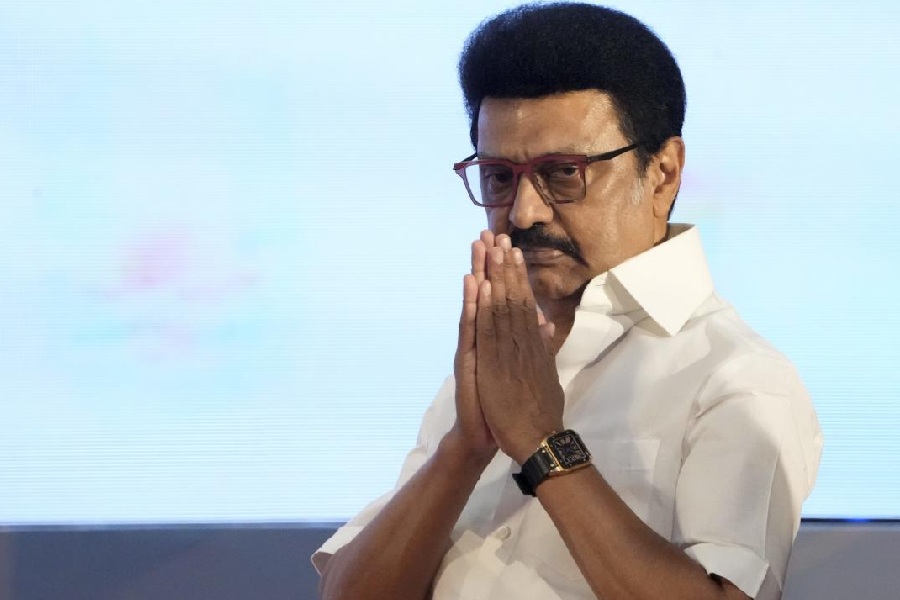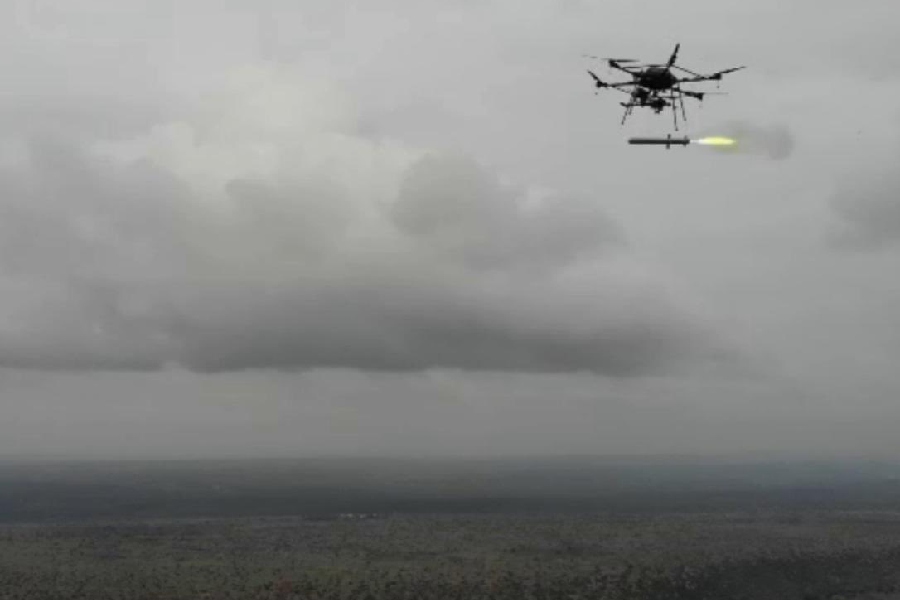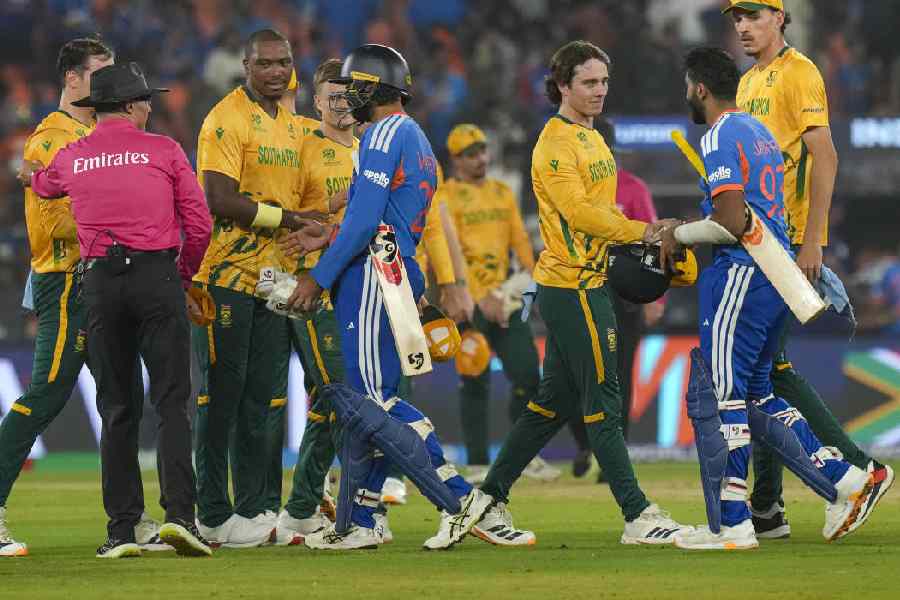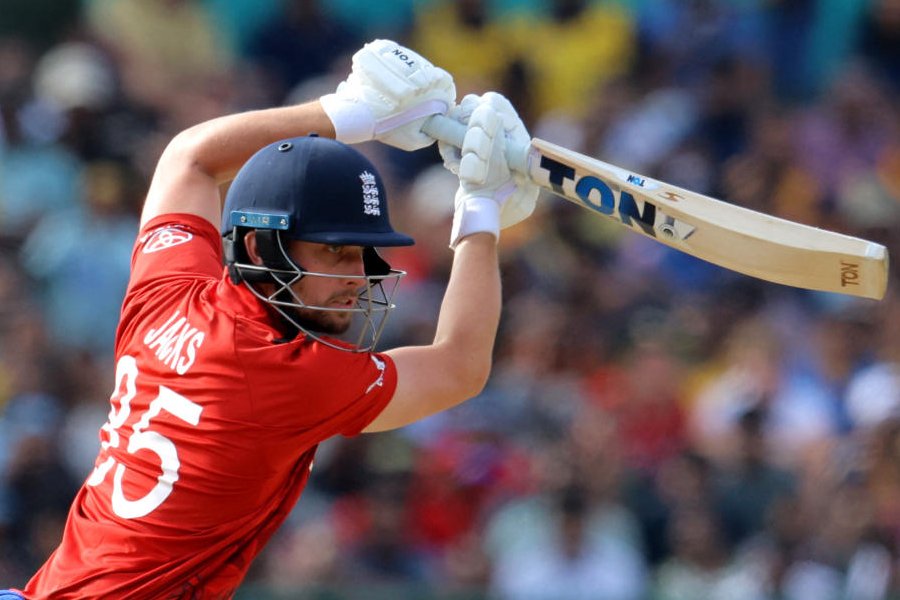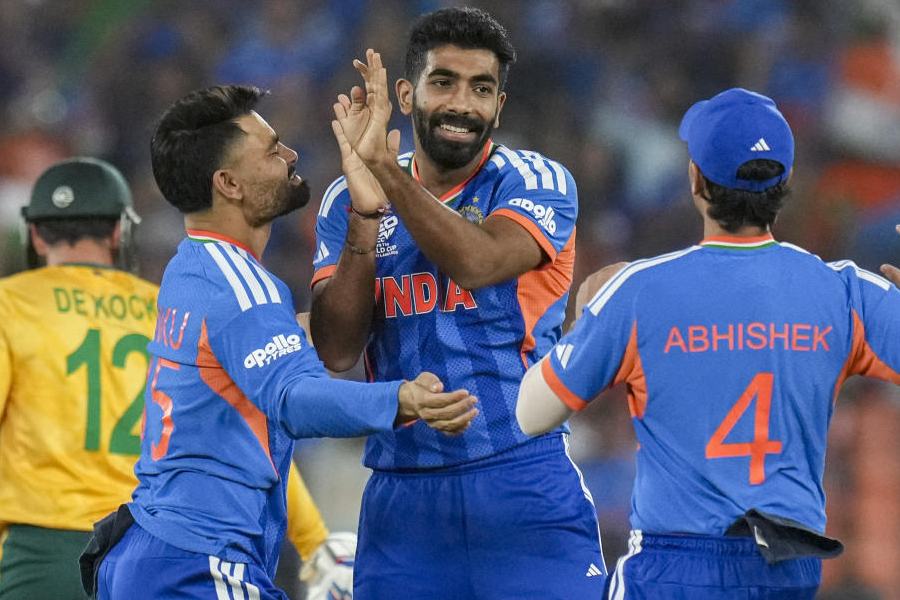Bengal chief minister Mamata Banerjee will have to skip a meeting called by her Tamil Nadu counterpart and DMK chief MK Stalin for a broader alliance against the ruling BJP’s push for delimitation, in what appears to be an attempt to revive the stagnant Indian National Democratic Inclusive Alliance (INDIA).
In a video message released on Friday morning, the Tamil Nadu chief minister Stalin said, Saturday’s meeting was called to chart the future course after discussions with all the affected states.
“The delimitation exercise, if carried out, will strike at the very foundation of federalism in India,” Stalin said in the video message in Tamil. “It will erode the essence of democracy. Our voices in parliament will be silenced. Our rights will be compromised.”
In the ongoing Budget session the DMK has raised the issue on the floor of both the Houses. On Thursday, both the Houses were adjourned after the Lok Sabha Speaker Om Birla and Rajya Sabha chairman Jagdeep Dhankhar objected to the white tees with slogans in red and blue letters saying “#FairDelimitation” and “Tamil Nadu will Fight! Tamil Nadu will Win1”.
The delimitation of parliamentary seats is due in 2026 and the DMK has objected to the population-based criteria.
“This is nothing but a deliberate attempt to undermine certain states. States that have controlled their population growth, governed efficiently and contributed significantly to national progress must not be punished by the union government,” Stalin said in his message.
The DMK had on March 5 brought together all the parties in Tamil Nadu, except for the BJP, where it passed a resolution for “fair delimitation” and now wants to take it to the next level.
The DMK has picked up the issue at a time when the Trinamool Congress has upped the ante against the BJP and the Election Commission of India on the issue of alleged manipulation of electoral rolls.
The delimitation process in India is directly linked to the size of the state, giving an edge to states with larger populations getting more representation in Parliament than the smaller states.
Post-2024 Lok Sabha polls, the union Home minister Amit Shah had announced the Centre would go ahead with the national census and delimitation exercise.
The delimitation exercise has been carried out four times in the past- 1952, 1963, 1973 and 2002, with a redistribution of seats in the parliament as well as the state assemblies.
During the emergency, the Indira Gandhi government froze seat allocation to allow states that had successfully implemented family planning policies not be penalised. The 42nd amendment to the Constitution brought an embargo on the change in the number of parliamentary and assembly seats till after the 2001 census.
After the last delimitation exercise in 2002, while the constituency boundaries were redrawn, the opposition from the southern states ensured that the number of seats remained unchanged.
In the all-party meeting held on March 5, Stalin argued the 1971 census be drawn as the baseline for any allocation of seats through delimitation for 30 more years beyond 2026.
According to Stalin, this would ensure that even if the number of Lok Sabha seats is raised above the current 543, the states get the same share of seats that they got as per the 1971 Census.
India’s population is expected to reach 1.42 billion by 2026. Under the present guidelines, larger states in the north like Uttar Pradesh and Bihar (together they send 120 MPs to the Lok Sabha) could gain as much as 128 and 70 seats respectively. On the other hand states like Karnataka, Telangana, Andhra Pradesh and Tamil Nadu will see a marginal rise. Kerala is likely to lose one seat.
Stalin said he had written to the chief ministers of Andhra Pradesh, Karnataka, Kerala, Telangana, Odisha, West Bengal and Punjab. The Andhra chief minister N Chandrababu is a BJP ally, while in Odisha the BJP is in power and is most likely to not respond to the call.
A minister and an MP from the DMK had met the MPs of the other opposition parties during the budget session to ramp up support for the meeting.
“This is a defining moment in our collective journey. This is more than a meeting—it is the beginning of a movement that will shape the future of our country,” Stalin said.

